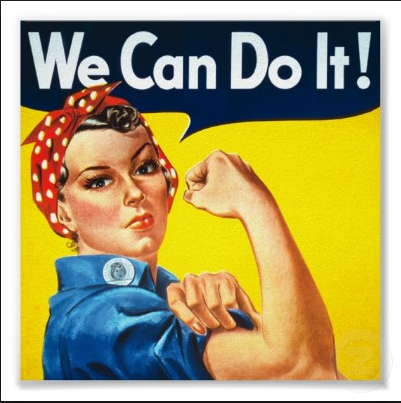I am an educational technologist at a large state research university. It is due to this fact that for most of my career, I’ve been struggling with the large lecture teaching environment. Previously, it was all about student engagement and sense of ownership. We used student response systems and other active learning (exp. think, pair, share)… we had the students work through problems and draw out equations and molecular designs – displaying students examples at the front of the room to demonstrate common misunderstandings and to rearticulate correct outcomes in a student’s voice.
Then a few things happened. Mobile devices put the world of knowledge in the student’s pockets and many prestigious institutions started giving away their best lectures. This opened up the world of “just in time” learning and open educational resources. Now, the struggle has really turned to the last battle. The sage on the stage simply can’t hold up as a model; even in the case of amazing charismatic speakers.
For me, it is pretty clear to me that the most brilliant teaching practices to arise during this educational upheaval have been the ones where the instructors stand to the side and allow the students to be touched by the wonder of really learning and engaging with their own curiosities. Sometimes this is called team based or project based learning. Sometimes it is done is a course and sometimes it is done in the field. It can be competency based learning, internships or a community of learners that meet in a makerspace/hackerspace/innovation centers.
The opportunity to try and foster this type of learning at Stony Brook University is very exciting and I hope that this in fact will be a path that I get to pursue. I can’t wait to see the relationships that will arise between our faculty, students and community members when this catalyst starts heating up.
The other point that I think makes this especially relevant to higher education is to have this happen at a moment in a student’s life when they still are traditional students. Before they have other obligations and while they are learning how to socialize, prioritize and that the world doesn’t look just like they do. It’s such an explosion of growth and there is so much energy and motivation right then. Let’s surround them with wonder and inspiration. Let’s help them find their passion and then send them off to do great things in the world!



